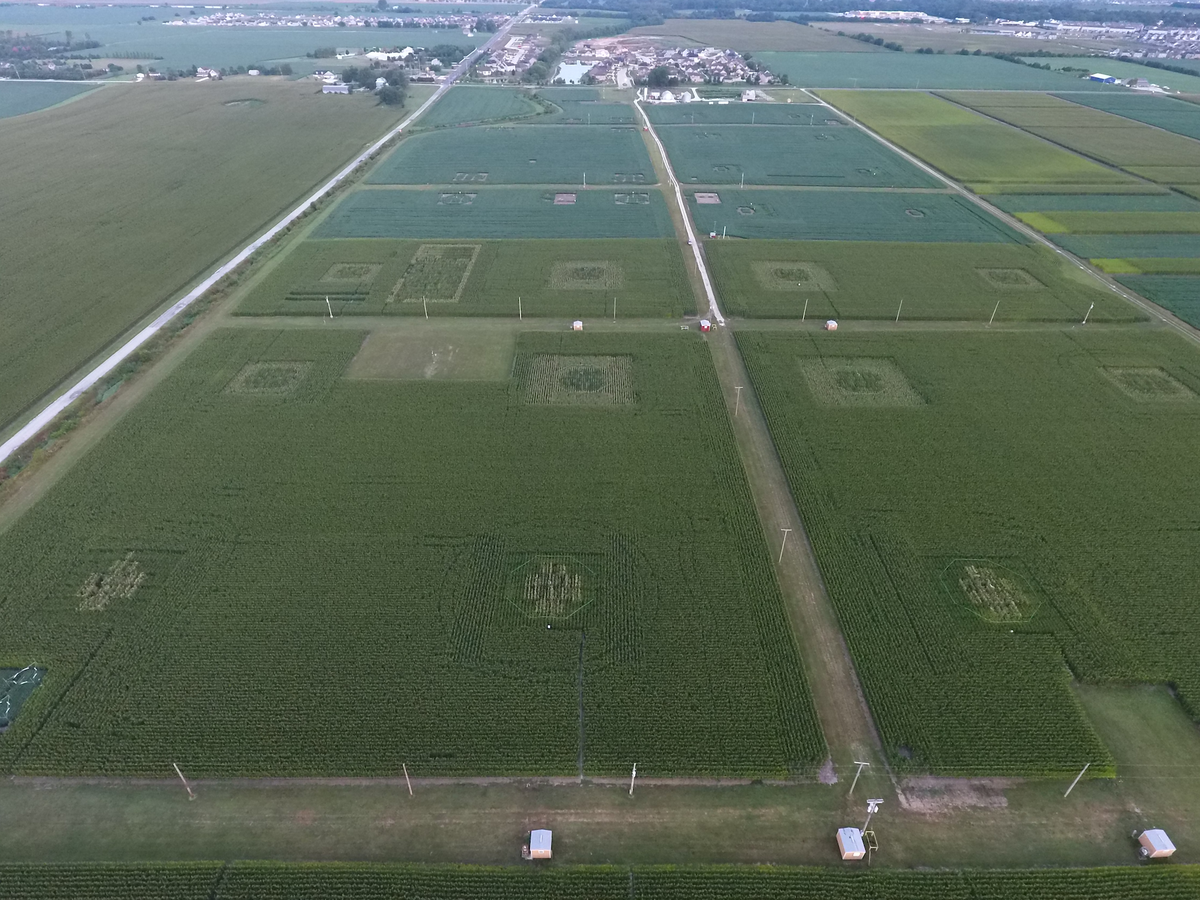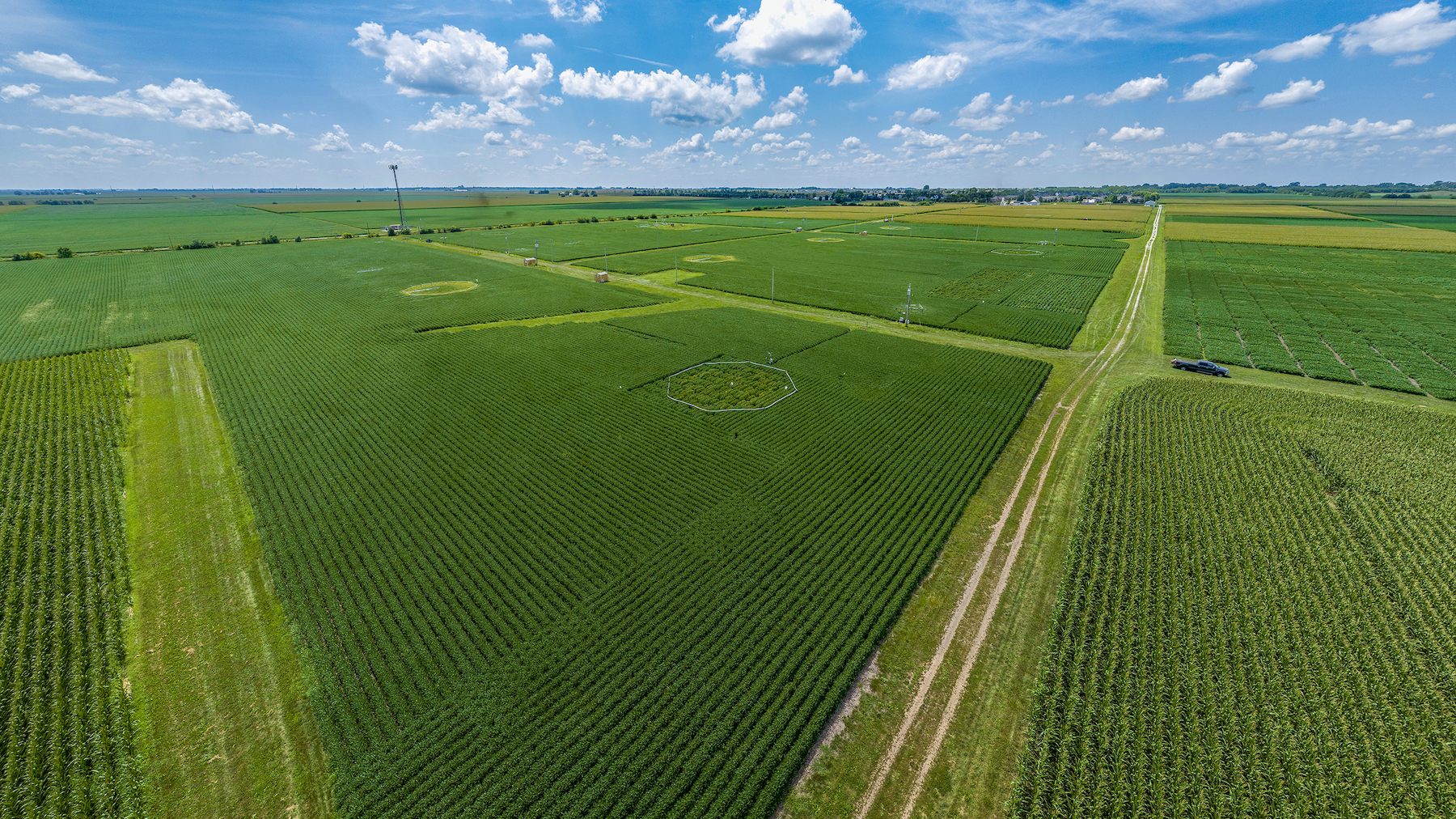
For over five decades, the partnership between the University of Illinois and the U.S. Department of Agriculture’s Agricultural Research Service (USDA-ARS) has driven some of the most important advancements in crop science, food security, and sustainable agriculture. From breakthrough developments in soybean and corn genetics to pioneering climate-resilience studies, this collaboration has placed Illinois at the forefront of global agricultural innovation.
At the heart of this work is the USDA-ARS facility in Urbana, which has long operated alongside university researchers to develop improved crop varieties and address pressing environmental challenges. It’s also the site of the SoyFACE project, an internationally recognized open-air research facility that studies the effects of climate change on crops. Together, this partnership has not only supported farmers across the Midwest but has also contributed directly to national and international food systems.
However, a recent USDA budget proposal for fiscal year 2026 calls for the closure or relocation of several ARS labs nationwide, including the Urbana facility. Lawmakers and researchers alike have voiced concern over the potential loss of irreplaceable scientific infrastructure and decades of momentum. As reported in DTN Progressive Farmer and WCIA Champaign, these cuts would undermine active research programs and weaken the region’s role in agricultural innovation.

The consequences would ripple far beyond campus. Ongoing projects, such as long-term breeding programs and climate-adaptation studies, could be abandoned midstream. The Urbana lab supports high-paying jobs and contributes significantly to the local and state economy. More broadly, the loss of this federal partnership could erode Illinois’s leadership in agricultural research, with impacts reaching into classrooms, private-sector partnerships, and the farms that rely on this science.
This is pivotal moment for the Plant Biology Department and the School of Integrative Biology. Your support has long helped amplify the university’s mission and extended the reach of its research. But continued progress depends on stable, sustained federal investment. Without it, both the institution and the broader agricultural community stand to lose vital tools and opportunities.
We encourage you to advocate for this partnership by reaching out to your elected representatives. Let them know how critical this collaboration is—not just to the university, but to the state of Illinois and the future of food and agriculture worldwide.
This is more than a budget issue. It’s about protecting a foundation of knowledge, discovery, and innovation that benefits everyone. With your voice and support, we can help ensure that the next 50 years of research and impact are just as groundbreaking as the last.